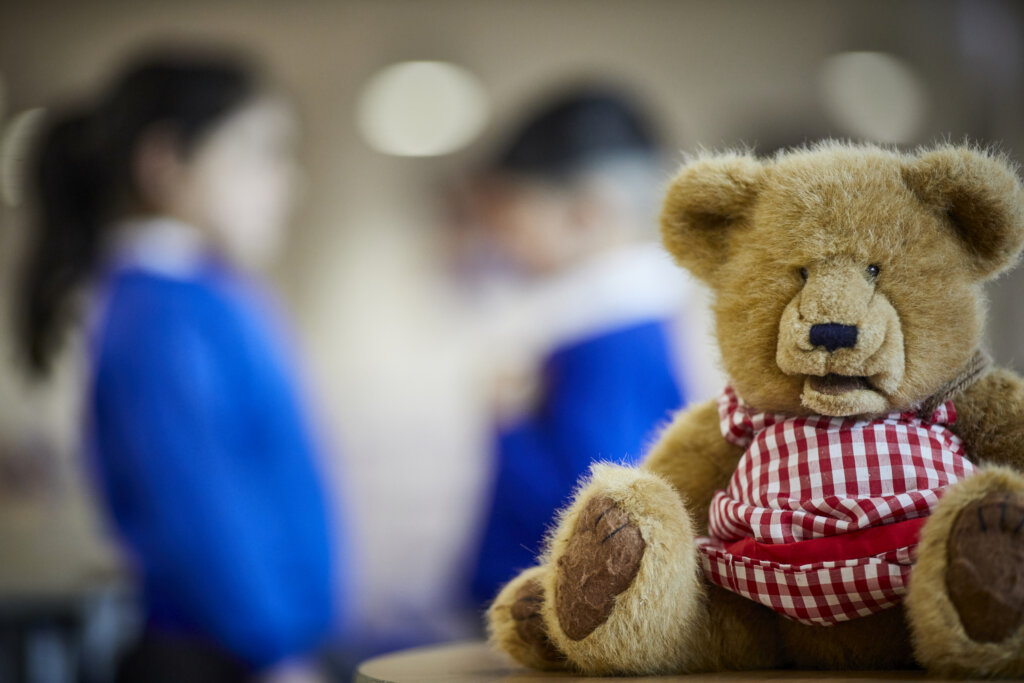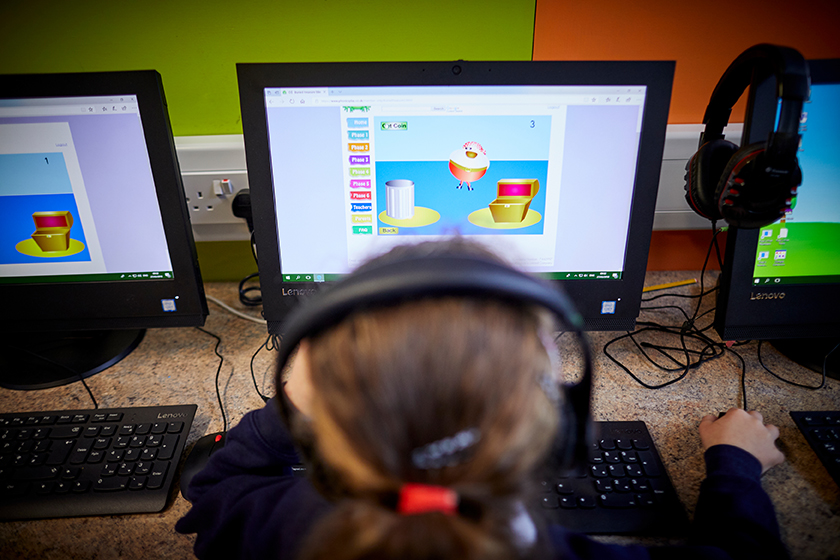Young People, Excessive Internet Use and Mental Health: What Can Professionals do to Support Them?
Whether we like it or not, are pro or against, see opportunities or risks, the internet is part of everyday life. For young people today, the vast majority of them do not know life without the convenience and accessibility of the internet. For parents and professionals it is essential that we understand what it means to be a young person growing up in this intertwined online/offline world and what we can do to support young people in developing their digital skills and resilience.
The internet is a valuable resource that can facilitate good mental health through, extending interactions with friends and family, connecting with others going through similar experiences, providing anonymity to seek support, and a variety of other opportunities. However, it can also have a negative effect on mental well-being through social comparison, fear of missing out (FOMO), or an inability to escape online bullying due to the ever present nature on social networks (Przybblski et al, 2013, McDool et al, 2016). It feels not too far of a jump to think that negative affects would escalate in conjunction with increased internet use.
Excessive internet use – reality check
An OECD study in 2017 found that the majority of young people use the internet in a well-adjusted way and on the whole shared the beneficial effects of being online. On average young people in the UK would spend more than 3 hours online per day during a typical week. The study also indicated that a small number of young people who were ‘extreme’ users of the internet: online for more than 6 hours a day, were more likely to report feeling unsatisfied with their life, more lonely at school, and feel less proficient at school.
A review of research around social networking sites and ‘addictive’ use of the internet in young people indicated associations with low self-esteem and symptoms similar to individuals with substance addictions (Kuss and Griffiths, 2011).
However, the research is only finding correlations between time spent online and negative feelings, it does not show which occurred first. Are young people spending more time online and is that causing the difficulties with their mental health or are young people feeling lonely, disengaged and turning to the internet? Nevertheless, high internet use and negative affect appear to be related.
So, how much is too much?
An arbitrary number of hours spent online may not be the most accurate indicator of excessive internet use, as what constitutes internet use is so vast; gaming, social networking, interacting with friends, listening to music, researching for homework, catch-up TV, and the resilience of every young person is different.
It is more helpful to think about the individual and how they are behaving. Characteristics of excessive internet use could include:
- Sacrificing eating or sleeping for internet use
- Feeling unhappy or bothered when not able to go on the internet
- Surfing the internet when not really interested
- Spending time online in preference to doing school work or spending time with family or friends
- Tried and been unsuccessful in spending less time on the internet.
(Mascheroni and Olafsson, 2014)
If a young person, or those around them, feel that their internet use is impacting on some of these areas, support may be needed.
My work as an Educational Psychologist (EP)
It is not uncommon for schools that I work with in my EP role to share their concerns around internet use and the risk it poses to their pupils, in particular their more vulnerable pupils. There appears to be a panicked reaction of preventing them from accessing the internet in order to reduce their risk and potential negative effects on their mental well-being. Whilst this may prevent immediate harm such as talking to inappropriate individuals online, receiving negative contact from peers, or perpetuating negative exchanges, it is not a long term solution for supporting young people to develop their digital skills and resilience.
What can we do to support young people in a connected world?
- Talk to young people about what they are using the internet for so that we understand their interaction with the internet and can identify potential problematic areas.
- Encourage and praise disclosures around problematic content so young people feel safe discussing their experiences.
- Consider the positives and negatives of the social media they are engaging with and how they are using them in order to discuss more effective ways to engage with social media.
- Encouraging young people to connect their online activities to their offline activities may support a more balanced approach to the internet.
- Education around the potential adverse effects, online safety, what to do if they come across material that upsets them, can prepare them for life online.
Resources
- Safer Internet
- NSPCC – Share Aware Teaching
- Think U Know
- Edwards, C. (2018). Social Media and Mental Health: Handbook for Parents and Teachers. Trigger: Newark.
References
- Kuss, D.J, & Griffiths, M, D. (2011). Online Social Networking and Addiction – A Review of the Psychological Literature, International Journal of Environmental Research and Public Health, (8) pp. 3528 – 3552. Available at: http://www.mdpi.com/journal/ijerph (Accessed: 7th February 2019).
- Mascheroni, G. and Olafsson, K. (2014) Net Children Go Mobile: Risks and Opportunities. Milan: Educatt.
- McDool, E., Powell, P., Roberts, J. and Taylor, K. (2016). ‘Social media use and children’s wellbeing.’ Available at: http://ftp.iza.org/dp10412.pdf
- OECD (2017) Pisa 2015 results (volume III): Student’s well-being. Paris: OECD Publishing.
- Przybblski, A., Murayama, K., DeHann, C., & Gladwell, V.(2013). Motivational, Emotional and Behavioural Correlates of Fear of Missing Out. Computera in Human Behaviour, 29, 1841 – 1848
Please get in touch or read this useful blog article for more information.
















